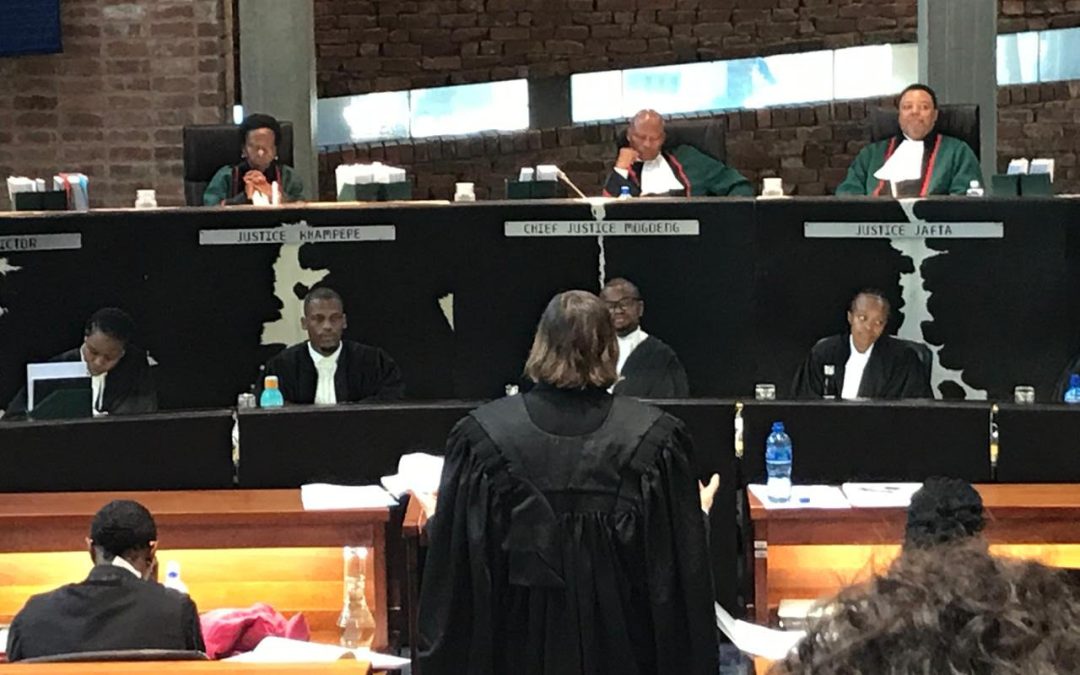In a legal attempt to transform traditional roles and relieve unequal care burdens on women, South Africa’s Constitutional Court this week is taking up a case challenging sections of the country’s employment act that permit four months of maternity leave to biological mothers only. By comparison, fathers are only entitled to a 10-day paternity leave. If affirmed, the case will transform how maternity and parental leave is granted in South Africa and set an important precedent for the entire continent.
“Although we do anticipate the Constitutional Court confirming the judgment,” says Ziona Tanzer, Solidarity Center law program counsel, “how it does so and what it says about the redistribution of care work and labor law will be significant.”
Based on constitutional rights of non-discrimination and dignity, the Gauteng High Court in Johannesburg ruled last year that working parents must both have the right to time off after the birth of a baby or adopting a child, and can share four months of paid maternity leave made available to women under the Basic Conditions of Employment Act (BCEA). The High Court judge recognized that current provisions of the law do not permit families to autonomously determine who performs infant care work or equally share responsibilities between parents.
Although the High Court issued an interim order, the judgment must be affirmed by the Constitutional Court–a necessary requirement for all cases concerning the constitutionality of laws. The Constitutional Court could make the lower court’s order of unconstitutionality immediately applicable, which means the law will change from the date of the judgment, or it can give the South African legislature one or two years to amend the law.
The lower court also found that provisions in the BCEA unfairly and unconstitutionally discriminate against fathers and parents of children adopted or born via surrogacy. Pointing to an unequal care burden on women, the presiding judge said that although it is not discriminatory to grant leave to a birth mother, the real question underlying the act is a policy choice with respect to child nurture, which could be done by either parent.
Bringing international and comparative law–which is increasingly recognizing the common responsibility and rights of both parents to contribute to the raising of children–to the court, South Africa-based Labor Research Services, the Solidarity Center, the Solidarity Center’s International Lawyers Assisting Workers (ILAW) Network and the University of Pretoria’s Center for Human Rights together submitted “friends of the court,” or amici arguments. The amicus arguments focus on the underpinnings of the BCEA. In its premise that mothers are primarily responsible for child care while fathers’ care responsibilities are secondary, the BCEA not only forces an unequal care burden on mothers, it also unfairly and unconstitutionally discriminates against fathers and non-traditional families, such as parents of adopted children or those born via surrogacy. The attorney representing the amicus is ILAW member Kayan Leung, from Lawyers for Human Rights.
Paid leave for fathers in many African countries remains below three weeks; some only allow for a few days.
The ILAW Network is a membership organization for union and worker rights’ lawyers. Its core mission is to bring together legal practitioners and scholars in an exchange of ideas and information to best represent the rights and interests of workers and their organizations.

